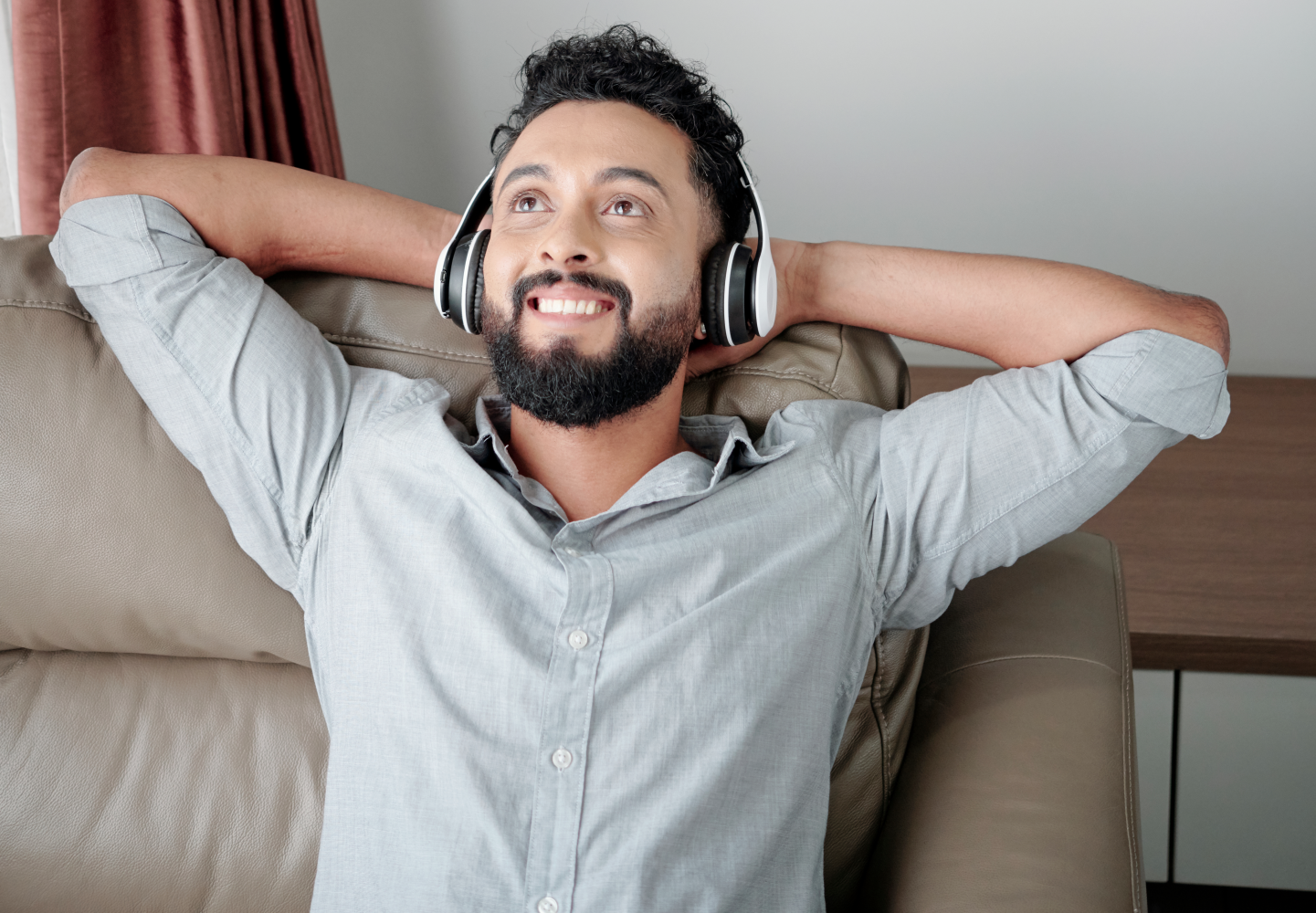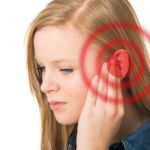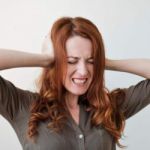Four Signs of Age-Related Hearing Loss if you’re under 50

Different types of hearing loss can arise for a number of reasons. Age-related hearing loss, also known as presbycusis, occurs naturally due to changes in the ear and this can be linked to other health conditions. However, environmental factors can also damage hearing and impact people of all ages. Excessive sound exposure is a leading cause of noise-induced hearing loss (NIHL), which is permanent. In fact, according to hearing loss statistics from the National Institute on Deafness and Other Communication Disorders, up to 17% of people between ages 12 and 19 have some level of hearing loss due to noise exposure.*
There’s nothing wrong with turning up the volume now and then to enjoy concerts, movies and social events, as long as you’re using hearing protection when needed. But prolonged exposure to noise that is too loud can become problematic, and short exposure to extreme sound levels can do the same. These brief but harmful sounds include explosions like fireworks, or sirens. Even everyday tools like lawn mowers and leaf blowers can lead to hearing loss over time. Sounds at 85 decibels or above (think food blenders and motorcycles) can put you at risk without ear protection, which plays an essential role in preventing hearing loss.
If you’re a music-lover, be conscious of the volume on your earbuds and speakers, especially if playing music is part of your daily routine. Any noise at 70 decibels or below is considered safe, even with regular exposure. This sound level is within the range of normal conversation. Headphones have the potential to be cranked all the way up to a maximum of around 100 decibels, which is unsafe to listen to over a long period of time. Since concerts can also fall into this decibel range, ear plugs are a must.
If these seemingly minor signs of hearing loss don’t seem like a big deal, take a step back to consider all the ways hearing health affects your life. From conversing with loved ones to hearing birds chirping outside while walking through your neighborhood, sound makes life feel complete. To preserve the hearing you have, it’s a good idea to consult a professional for a hearing exam and seek treatment if you notice hearing loss symptoms.
There are plenty of hearing facts and myths out there, and being aware of them can make a positive difference. For example, missing out on everyday sounds for a long period of time can lead to other challenges like social isolation and difficulty processing sound. Using hearing aids has also been shown to help relieve these issues, allowing wearers to stay connected to others and continue living their daily life with confidence. This is why it’s so important to consider the solutions available.
When thinking about how to prevent hearing loss and preserve the hearing you have, scheduling hearing exams is a key step. This is an opportunity to speak with a professional and have them monitor your overall health in each ear. If you’re under age 60 and have healthy hearing with no symptoms of hearing loss, schedule a test every three to five years. If you’re age 60 or older, it’s recommended to get your hearing tested yearly to monitor for age-related hearing loss. If you’re experiencing any hearing changes or noticeable symptoms of hearing loss, book an appointment to speak with a professional and find out more.


